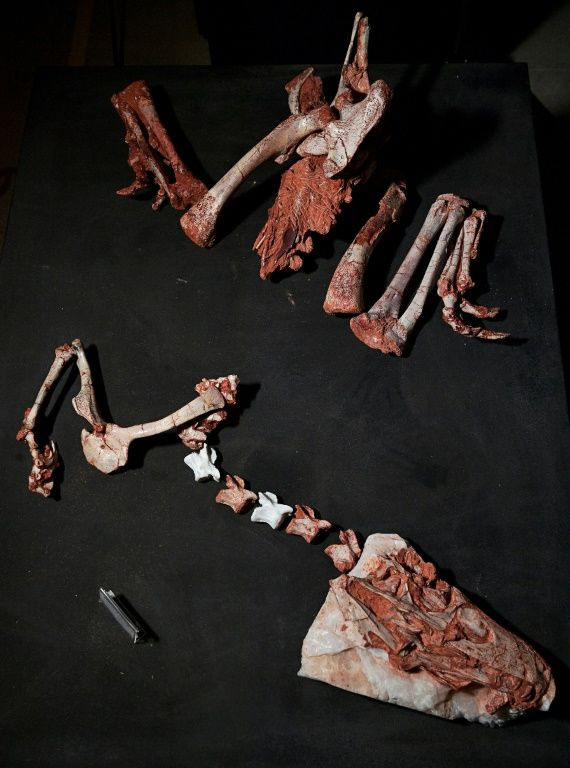Homo Sapiens May Have Arrived In Europe Earlier Than Previously Thought

KEY POINTS
- Evidence points that Homo sapiens arrived earlier in Europe than previously thought
- A Bulgarian cave dismisses speculations Neanderthals used more artifacts than Homo sapiens
- Fossils were found in Bacho Kiro cave in Bulgaria
A tooth and fragmentary bone fossils, excavated in Bacho Kiro Cave in Bulgaria and dating back to about 45,000-year-old, directly resemble that of Homo sapiens, scientists said. The Homo sapiens' bones were excavated along with pendants, bone tools, animal bones, and a rich stone tool set near Dryanovo, Bulgaria.
The five fossils showed their DNA were similar to that of the modern Homo sapiens. This evidence ended speculations that claim Neanderthals, who were believed to have a stronghold in the area till then, were prolific users of artifacts and bone tools.
It also proved Homo sapiens arrived in Europe much earlier than previously believed.
“Human remains from the cave range from 43,000 to 46,000 years old while associated artifacts were up to 47,000 years old," said paleoanthropologist Jean-Jacques Hublin, director of the Department of Human Evolution at the Max Planck Institute for Evolutionary Anthropology in Germany, reported Reuters.
“It looks like this is the time of the earliest wave of modern humans in the mid-latitudes of Eurasia,” Hublin added, with evidence existing of Homo sapiens presence relatively soon after at similar latitudes from Moravia to Mongolia.
There was a previous discovery that focused on a skull fragment in Greece as the earliest human fossil in Europe. It was said the 210,000-year old fossil might be the oldest; however, this has controversies because of its dating and species identification.
The discoveries in Bulgaria substantiated the already existing evidence that African Homo sapiens arrived in the Middle East approximately 50,000 years ago, before moving to Central Asia as well as Europe, Science News reported.
© Copyright IBTimes 2025. All rights reserved.





















